Protests in Idlib Rage as HTS Scrambles for a Solution
Recent protests against Abu Mohammad Jolani, the leader of Hayat Tahrir al-Sham (HTS), have intensified in Idlib and surrounding areas. The demonstrations, ongoing since February, were sparked by the death of Abdulqadir Alhakim, who was tortured to death in an HTS prison. His death ignited widespread anger and mobilized many to protest against HTS’s authoritarian practices, including arbitrary detentions and torture in their prisons.
The protesters, including civilians, activists, and religious figures, are demanding several reforms. These include the removal of Jolani, the dissolution of the HTS Security Apparatus, the release of detainees, and greater civilian control over governance. Despite promises of reforms and initial attempts to address some of these demands, such as restructuring the security service and holding an advisory council, the protests have persisted.
HTS has responded with a mix of threats and minimal concessions. Jolani has made statements indicating that certain demands are off-limits and has warned against continued protests, suggesting a potential crackdown. This has not deterred the demonstrators, who continue to call for comprehensive changes and accountability.
Who is Abdulqadir Alhakim?
Abdulqadir Alhakim was a 27-year-old fighter in the Jaish al-Ahrar opposition group in Syria. He was arrested by HTS on charges of collaborating with foreign powers and was held incommunicado for ten months. His family was unable to obtain any information about his whereabouts or condition during this period. In mid-February, a released detainee informed Abdulqadir’s family that he had died due to torture in an HTS prison. HTS later confirmed his death and provided the location of his burial in a mass grave. His death became a catalyst for the ongoing protests against HTS and its leader, Abu Mohammad Jolani, highlighting the group’s oppressive and violent practices.
Abdulqadir Alhakim recorded in HTS prison just weeks before his death under torture.
What are the protestor’s demands?
The protesters in Idlib have several specific demands aimed at addressing the governance and practices of HTS. Key demands include:
- Removal of Abu Mohammad Jolani: Protesters are calling for the ouster of HTS leader Abu Mohammad Jolani due to his leadership being associated with authoritarian practices and human rights abuses.
- Dissolution of the HTS Security Apparatus: They demand the dismantling of the current security apparatus, which is accused of conducting arbitrary detentions, torture, and other oppressive actions.
- Release of Detainees: Protesters are pushing for the immediate release of all individuals detained by HTS without proper legal procedures, particularly those held incommunicado and subjected to torture.
- Greater Civilian Control Over Governance: There is a call for increased civilian involvement and control in the governance of the region, reducing the influence and control of HTS over administrative and political matters.
- Accountability and Justice for Abuses: They seek justice for the abuses committed by HTS, including those related to the death of Abdulqadir Alhakim, which sparked the recent wave of protests.
These demands reflect deep dissatisfaction with HTS’s rule and highlight the community’s desire for more Islamic and accountable governance structures in Idlib.
Last week, significant unrest occurred in front of the military court in Idlib. The protests were sparked by accusations against HTS leader Abu Mohammad Jolani and his administration, involving alleged human rights abuses, including torture and extrajudicial killings. These protests were part of a broader movement against HTS, reflecting deep-seated grievances within the local population.
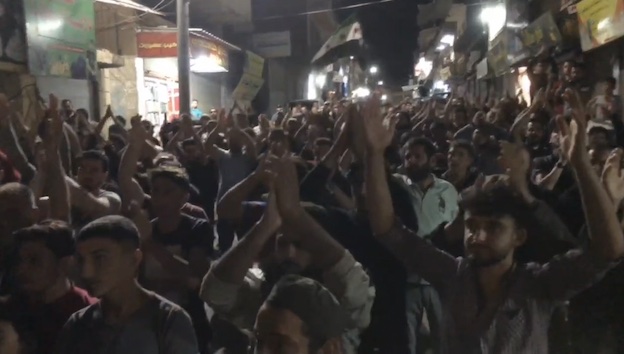
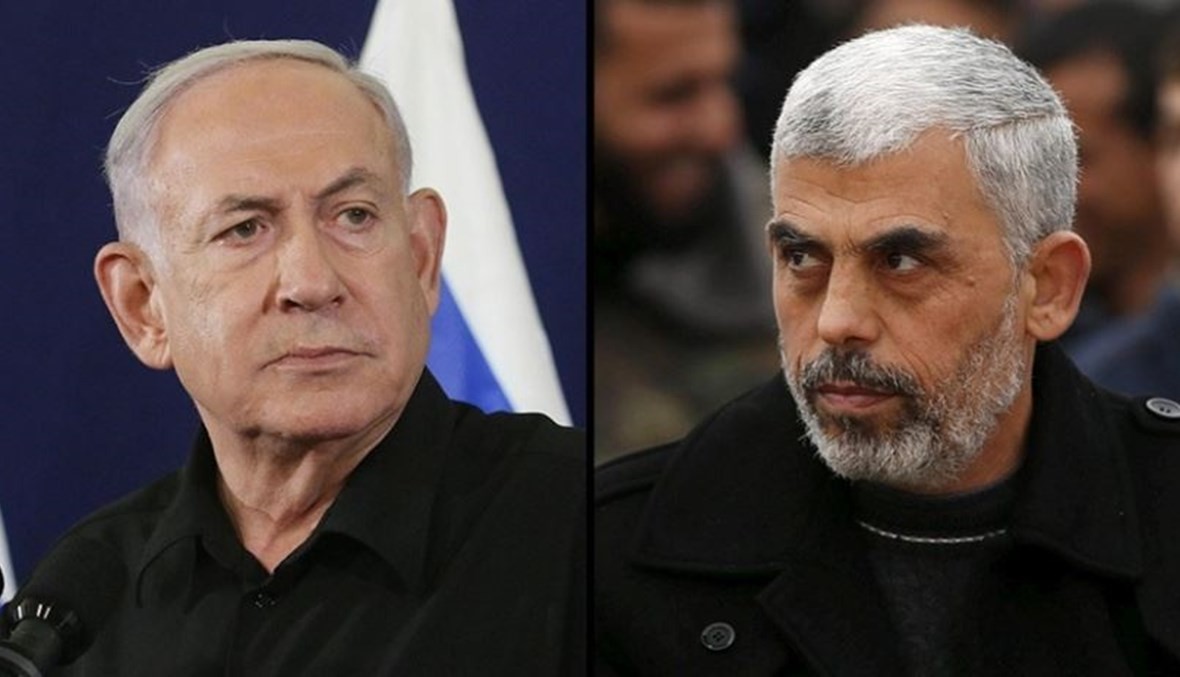

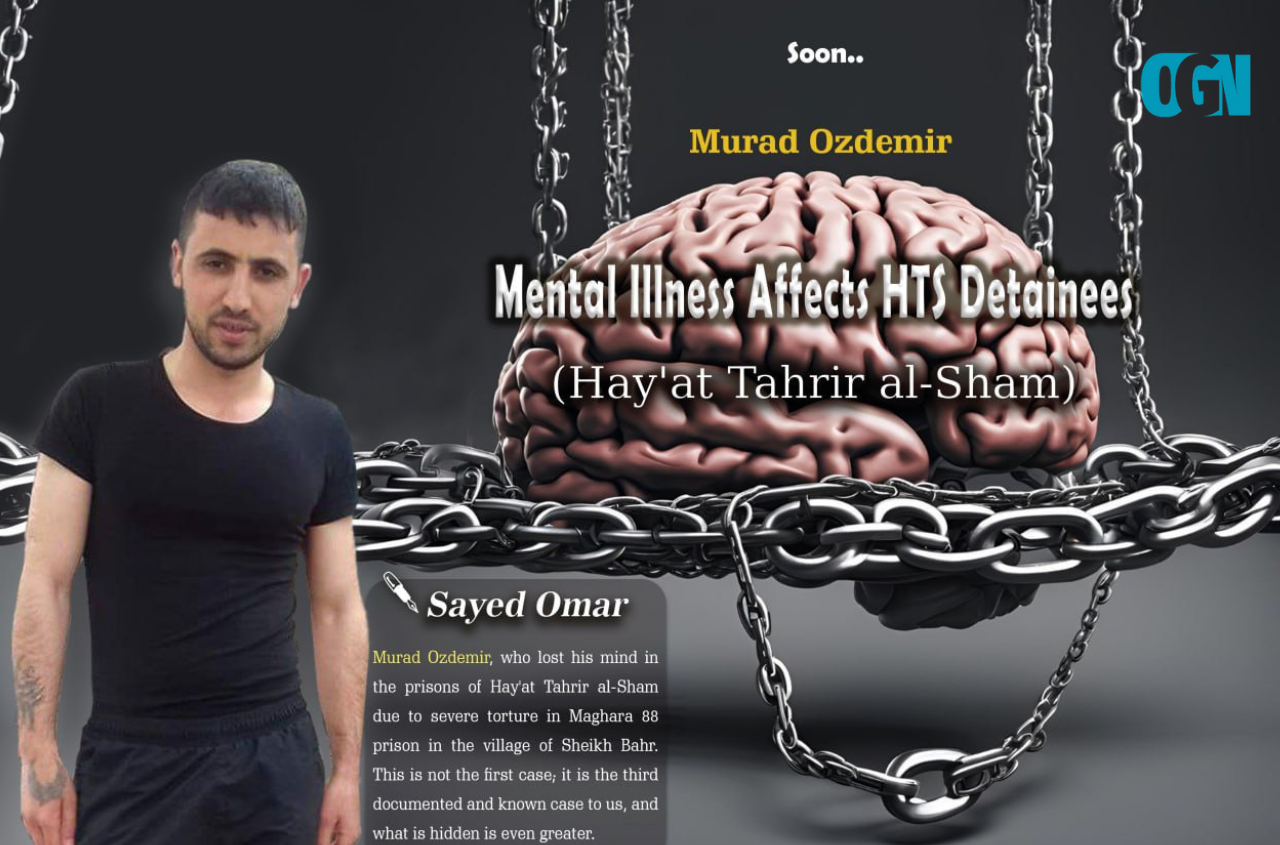
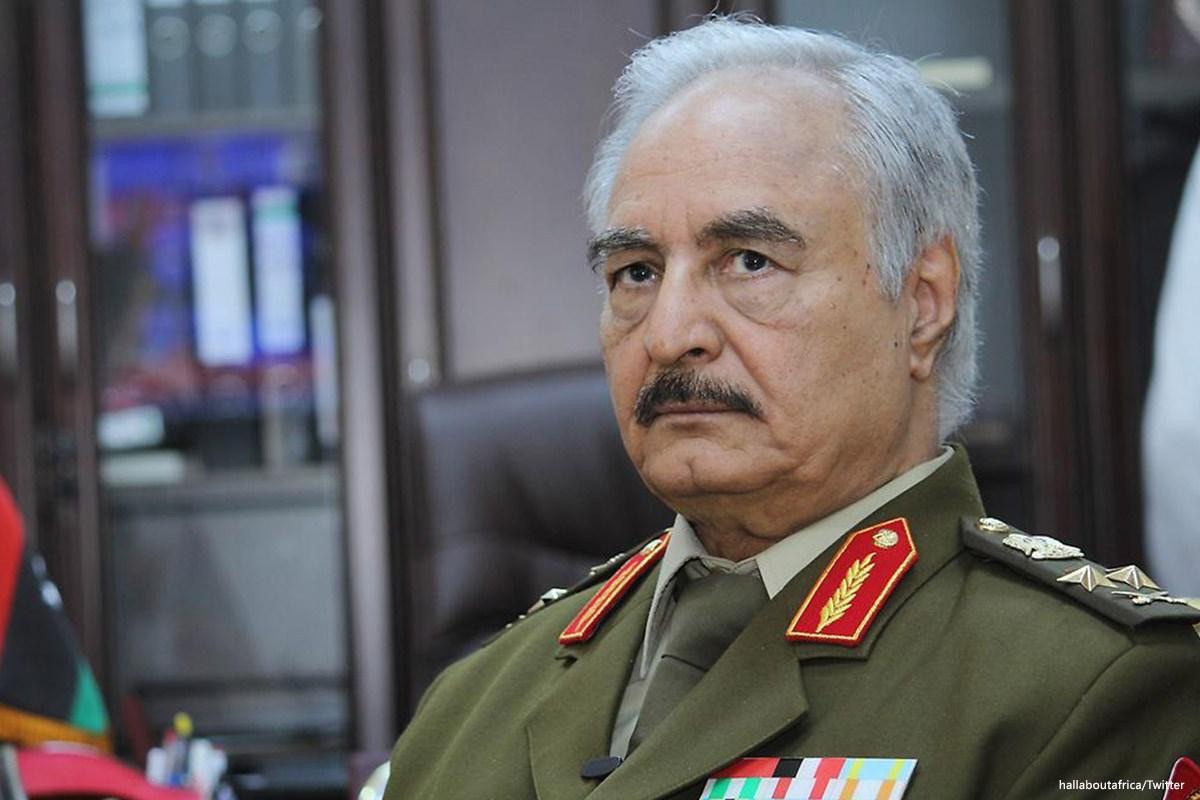
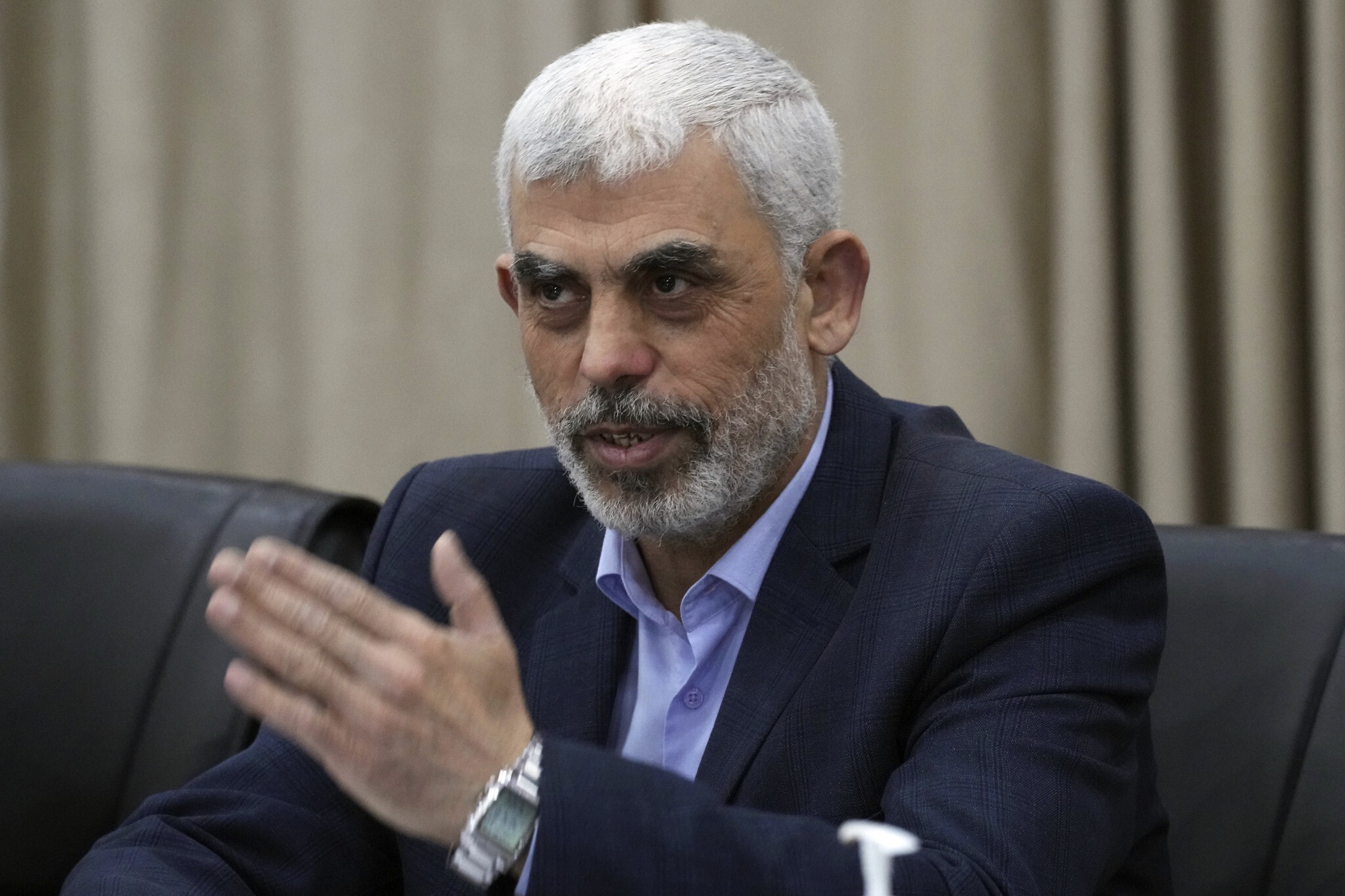
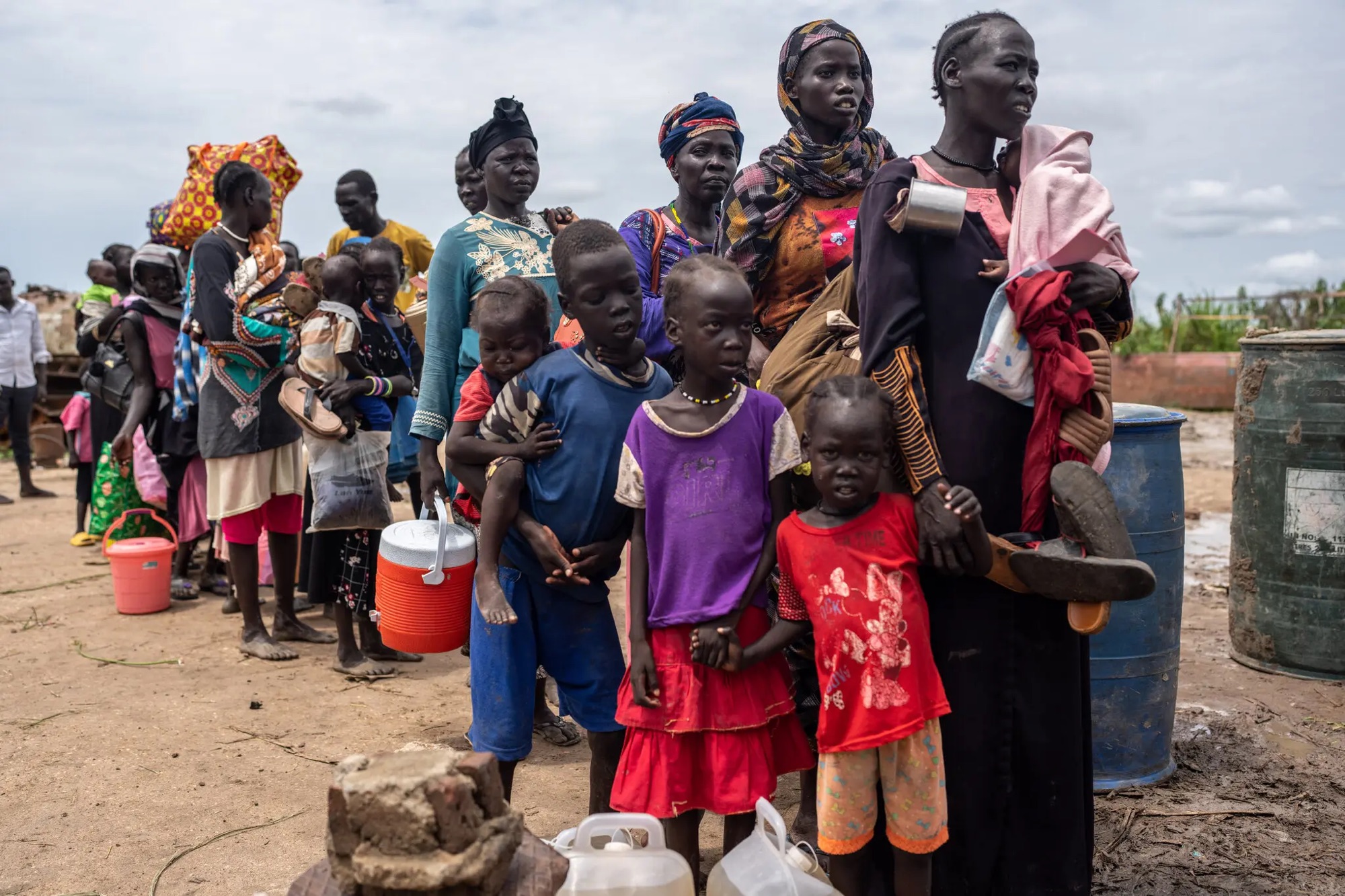
Leave a Reply